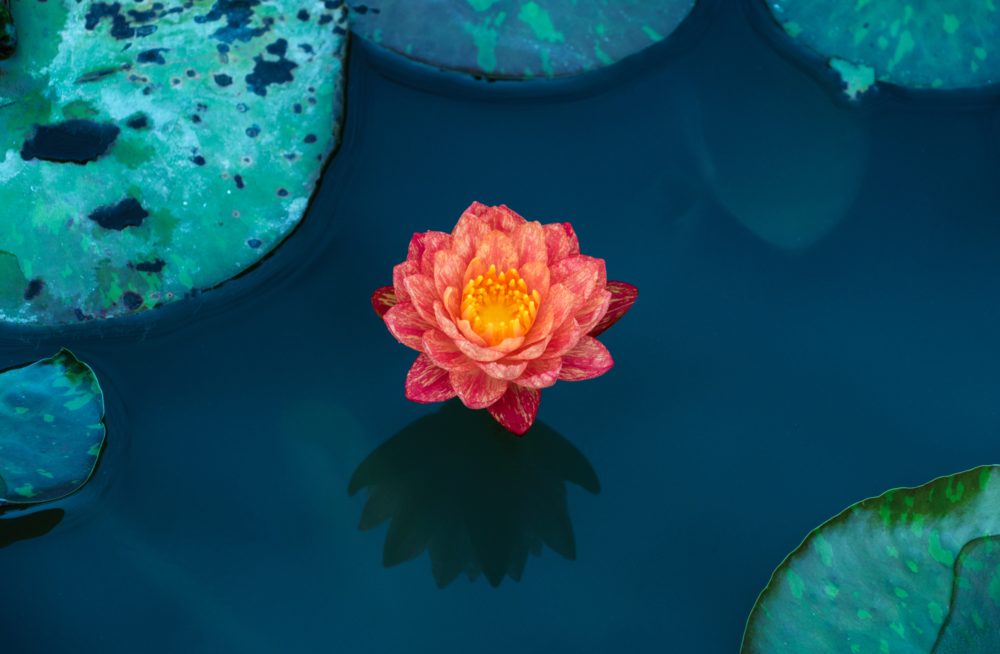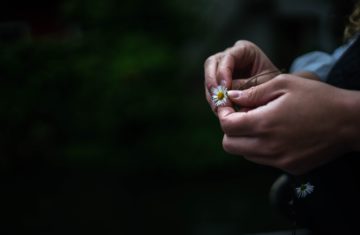“Ethical discipline is an adornment which suits everyone.”
– Geshe Sonam Rinpoche
At the beginning of this month, the one word I wasn’t expecting to use to describe discipline is beauty.
One of the most surprising things I noticed in my readings on practicing discipline was how often discipline was compared to something beautiful. As Geshe Sonam Rinpoche said in the quote above, it’s an adornment that looks great on everybody. He describes how the fragrance of flowers is carried only in the direction of a breeze, but the fragrance of ethical discipline expands in ten directions. It’s pleasing to all.
Je Tsongkhapa describes discipline as water that washes away “the stains of faulty action” and moonlight that dispels “the hot torrent of disturbing emotions.” Coming from the Christian tradition, I’m used to the idea of grace or forgiveness washing away the stains of our faulty actions. But this month has reiterated that grace and forgiveness alone are, of course, incomplete. The real sign of transformation, of change, is when we act differently, live differently, see our lives differently. It’s only when that grace reaches other people- in the way we treat them and care for them- that any of it seems real at all.
In many of the oldest Buddhist texts, discipline is compared to a flawless precious stone or gem. Again, a metaphor of beauty to describe what it means to live intentionally and with care. Discipline is an adornment of high value. It leads me to wonder if we truly understand what it’s worth.
This has been another hard week in our world. We have seen the threat of bombs and the tragedy of terrorism in a house of worship. And the midterm election is looming, with our phones and inboxes and TV screens inundated with attack ads and fear-mongering. More than once, I’ve wondered how the political landscape would change if we all agreed to center our conversations on this framework of discipline.
What if we only support politicians and legislation that avoid harm, that seek to do good, and that aim to benefit all people?
It seems much less complicated that way.
I know discipline is hard. It takes effort. But is it any better not practicing discipline? Where does all of this insensitivity and lack of attentiveness get us? Is it really working out, trying to live only for ourselves? Are we happier? Healthier? Do we feel more grounded in purpose that way?
As I close out the last few days of practicing discipline, what I’m most grateful for is the quiet and subtle reminder that life is sacred. That we are all connected. And that it takes all of us, living intentionally with each other in mind, to achieve peace and lasting change for the good.
Together, when we practice discipline, we can be like the warmth of moonlight. Like the water of a new beginning. Like precious jewels, reflecting and refracting in the light.
We can adorn ourselves with beauty. And discipline is the way.
For the month of November, I’ll be practicing renunciation. Stay tuned for Thursday’s introductory post.
This post is part of the Paramita Project. Read all my posts on practicing discipline here.




